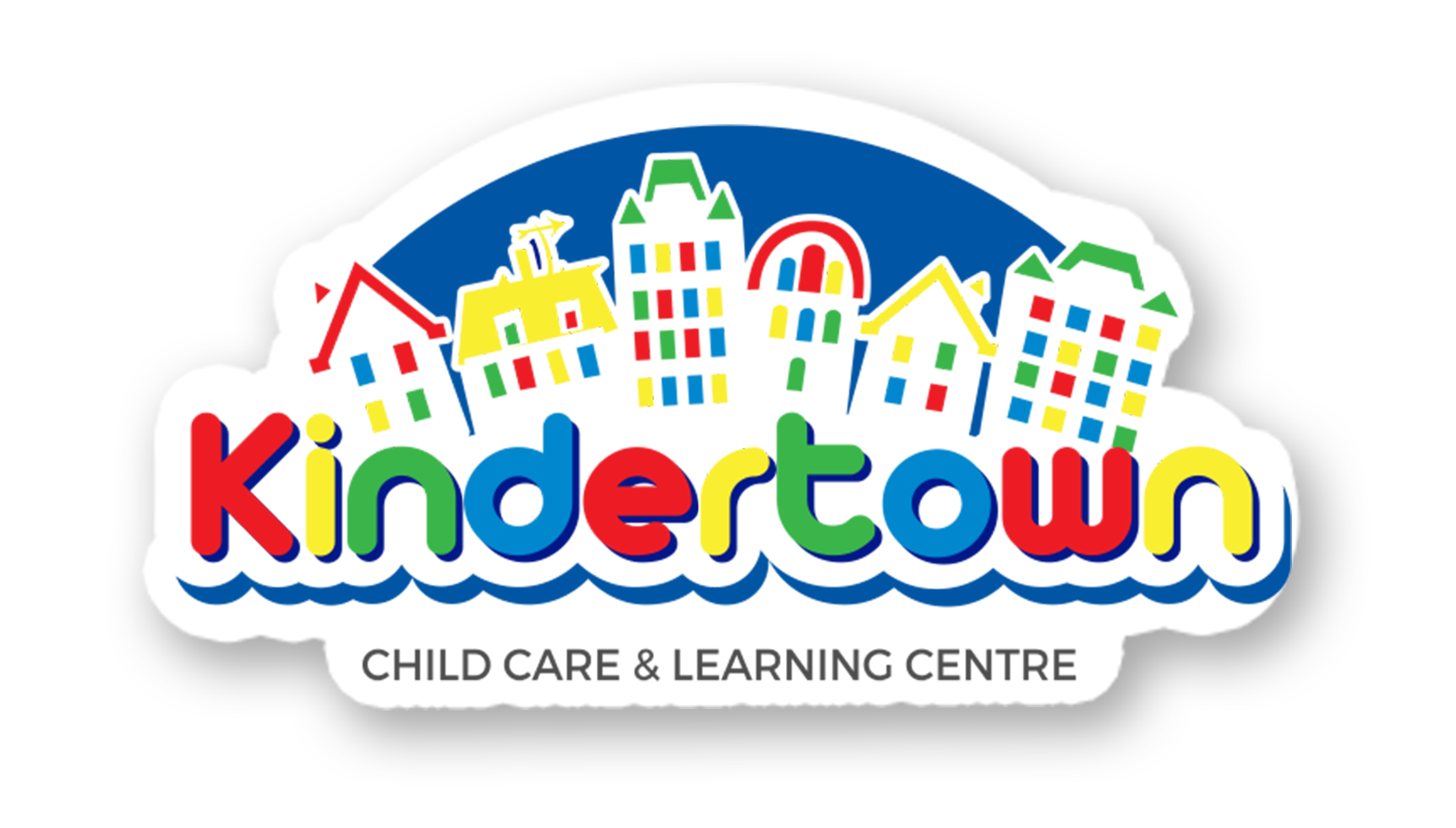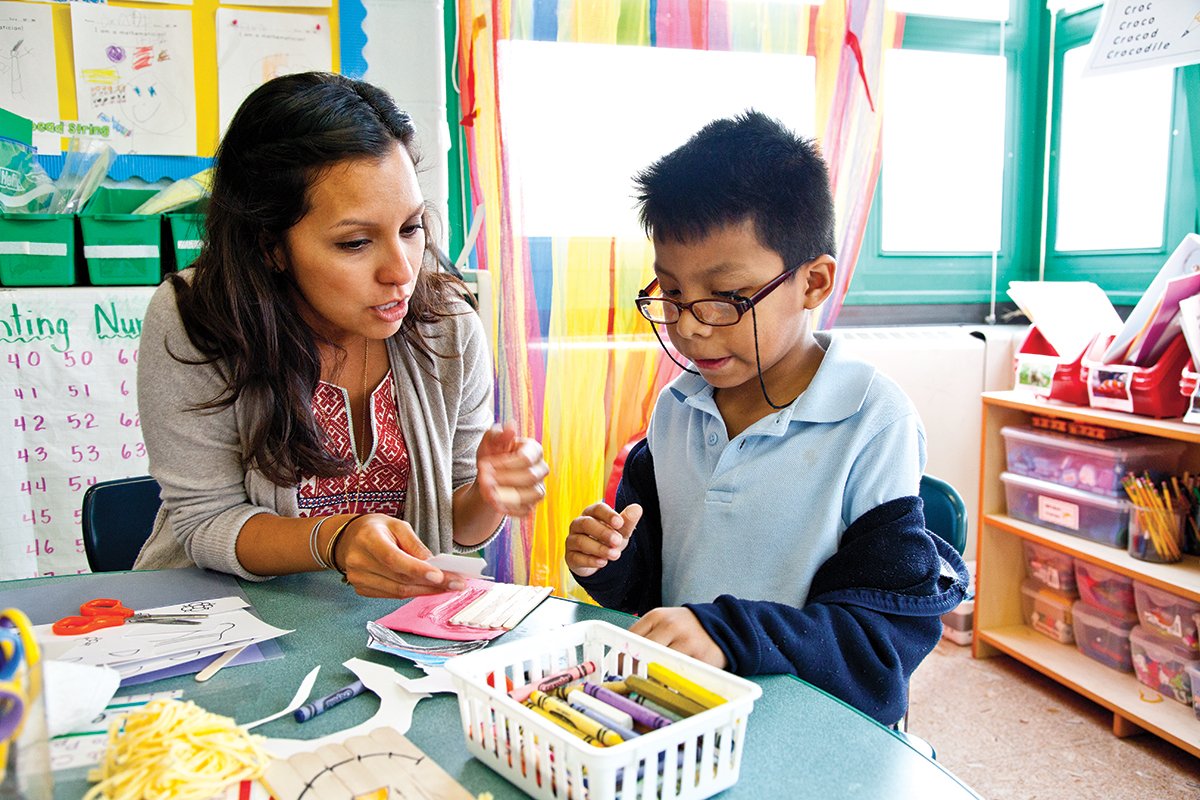Role of Early Learning Educators
Early learning educators across Ontario play a crucial role in supporting the well-being of young children in their care. Their work involves providing high-quality early learning experiences that support children's cognitive, social, emotional, and physical development.
The following are some of the key roles and responsibilities of early learning educators in Ontario:
Developing and implementing age-appropriate curricula: Early learning educators in Ontario develop and implement curricula that are tailored to the needs and pedagogical curiosities of the children in their care. They design learning experiences that support children's interest while simultaneously exploring and implementing learning across multiple domains, such as literacy, numeracy, and social-emotional skills.
Creating a safe and nurturing environment: Early learning educators are responsible for creating a safe and nurturing environment that supports children's overall well-being. This includes ensuring that the physical environment is safe and engaging, that children's basic needs are met, and that children are treated with respect and dignity.
Building relationships with children and families: Early learning educators build strong relationships with children and families. They work to establish a trusting and supportive relationship with each child in their care, and they collaborate with families to support children's learning and development.
Engaging in pedagogical engagement & observations: Early learning educators conduct ongoing observations to explore children's interests and to identify areas where additional support may be needed. They use this information to adjust their teaching strategies and to provide targeted interventions as needed - more importantly - these observations and engagement help to guide the learning in the classroom, as well as create an environment of co-learning between educator and children.
Working collaboratively with colleagues: Early learning educators work collaboratively with colleagues to support children's learning and development. They participate in team meetings, share information and resources, and support each other in the delivery of high-quality care and education.
Engaging in ongoing professional development: Early learning educators are committed to ongoing professional development. They engage in training and development opportunities to stay up-to-date on the latest research and best practices in early childhood education, and they use this knowledge to continuously improve their teaching practice.
Advocating for children and families: Early learning educators in Ontario are advocates for children and families. They work to ensure that the needs of each child are met, and they advocate for policies and practices that support children's learning and development.
Early learning educators play a critical role in supporting the development and well-being of young children in their care. Their work involves developing and implementing pedagogical curricula, creating a safe and nurturing environment, building relationships with children and families, conducting ongoing assessments and observations, working collaboratively with colleagues, engaging in ongoing professional development, and advocating for children and families. By providing high-quality care and education, early learning educators in Ontario are helping to set the foundation for the future success of young children.

